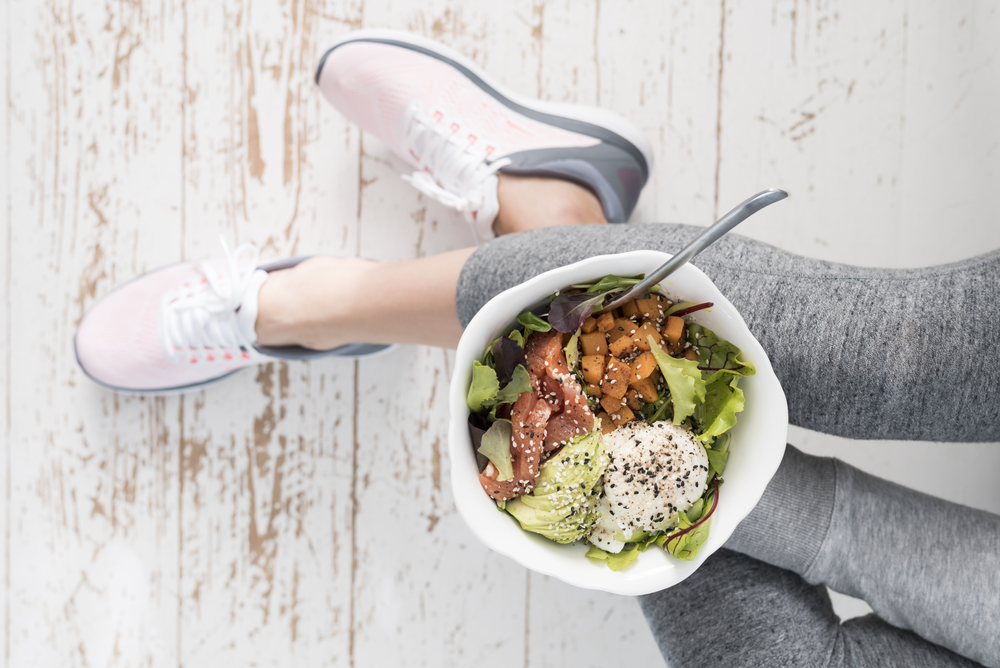
05 Nov The Science Behind Eating for Race Running
Eating the right foods at the right time is an essential science when it comes to race running, both before and during are key times to maximize on all the hard work you’ve put into training.
2 – 3 DAYS BEFORE THE EVENT
Carbohydrates are stored as glycogen in the liver and muscles, and are the body’s most easily accessible form of fuel. You want to make sure your glycogen stores are as full as possible at the start of the race to give your body ample fuel to use before having to refill. Think of it like getting your car ready for a road trip – the fuller your petrol tank at the start, the longer you can drive before having to stop to refuel.
Two to three days before the race you should eat more carbs than normal to stock up your glycogen stores. It is recommended that you aim for 8 – 12g carbs/kg/day.
THE DAY BEFORE THE RACE
For the day before your race, go back to eating as you normally would. This gives your digestive system a chance to revert to normal after the increased work it’s been doing to digest those extra carbs. You also want to ensure that you don’t have any extra waste in your digestive system at the start of the race, this could lead to digestive discomfort once you begin.
ON THE DAY OF THE RACE
The meal you eat 3 – 4 hours before your race is the most important of them all. The purpose of this meal is to top up your liver glycogen from your overnight fast. Getting this meal right will set you up for a good race but getting it wrong could ruin your race. It should be predominantly made up of easy-to-digest carbs – fruit, cereal or potatoes – however, be sure to include a small amount of protein to stabilise the blood sugar and a small amount of fat to make you feel full.
When it comes to drinking before and during the race, this is where things can get a bit trickier. Luckily the body has an inbuilt feature which lets you know when you should drink, and it’s called thirst. For races shorter than an hour, your thirst signals are exactly what you need to follow. Before and during the race, just sip on water whenever you feel like it. Your body is easily able to withstand that amount of exercise without consuming liquid. For races longer than an hour you will need to plan your fluid intake. The amount of fluid will depend on the individual and the weather conditions, but the rule of thumb is to aim for 100 – 200ml every 20 minutes.
It is also recommended that you consume a small amount of carbs during races longer than an hour, to top-up your fuel sources. Again, think of your car while on a road trip. While you may have started the trip with a full petrol tank, you will reach a point where you will need to top it up to keep going. Your body works in the same way. The recommendation is 30 – 90g of carbs every hour, and try including some easy to eat snack bars.
Test out your body’s reaction to intake and running in pre-race running trails. Use the longer runs to create a food and drink regime that works for you. Try out different food combinations for your pre-race meal, and different fluid and carb quantities during your run. When you’ve found a routine that makes you feel good – stick to it as your go-to.



No Comments